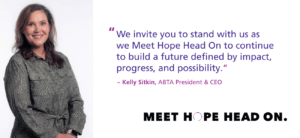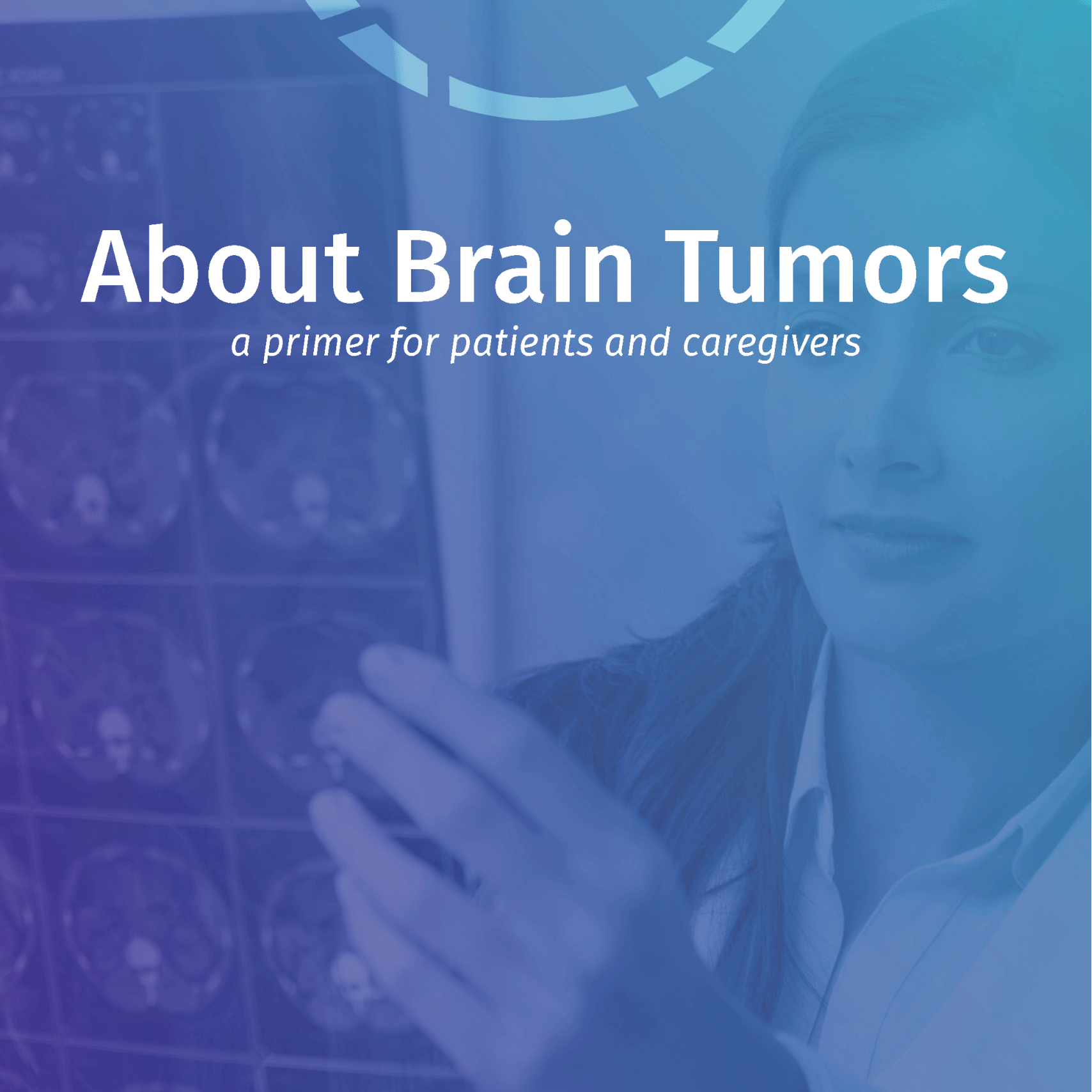When you hear the word “seizure,” you might picture someone shaking and falling to the ground. But seizures can look very different, especially for people living with a brain tumor.
For many, seizures are one of the first signs that something is wrong.
So why do brain tumors cause seizures?
It all starts with how the brain works.
Your brain uses tiny electrical signals to help you move, think, and feel. A brain tumor can irritate nearby brain cells and throw those signals off. This sudden change in electrical activity can lead to a seizure.
Some seizures are easy to miss
They might look like a person staring off for a few seconds or losing track of what they were saying. Others are more dramatic and include shaking, loss of awareness, or even fainting. Doctors call these “generalized seizures.” If the seizure happens in just one area of the brain, it’s called a “focal seizure.”
About 30 to 50% of people with brain tumors experience a seizure at some point. And for many, it’s the first symptom that leads to a brain tumor diagnosis.
Get our free Seizure First Aid Tips
Luckily, seizures can be treated
Doctors usually start with brain imaging like an MRI or CT scan to find the tumor. Then they prescribe anti-seizure medication to help prevent future seizures. These drugs work by calming the brain’s electrical activity.
But it’s not one-size-fits-all.
There are more than 30 different anti-seizure medications available today. Your care team will choose the best one based on your symptoms, side effects, and other treatments you may be getting, like chemotherapy or radiation.
If you’ve had a seizure, it’s important to talk to your doctor about it—even if you’re not sure what happened.
Seizures can affect your safety, including your ability to drive. They can also take a toll on your mood and memory. That’s why support—both medical and emotional—is so important.
Understanding seizures can make them feel less scary. With the right information, medication, and support, many people with brain tumors are able to manage seizures and live full, meaningful lives.
Check out more of our educational webinar recordings and learn about upcoming programs










